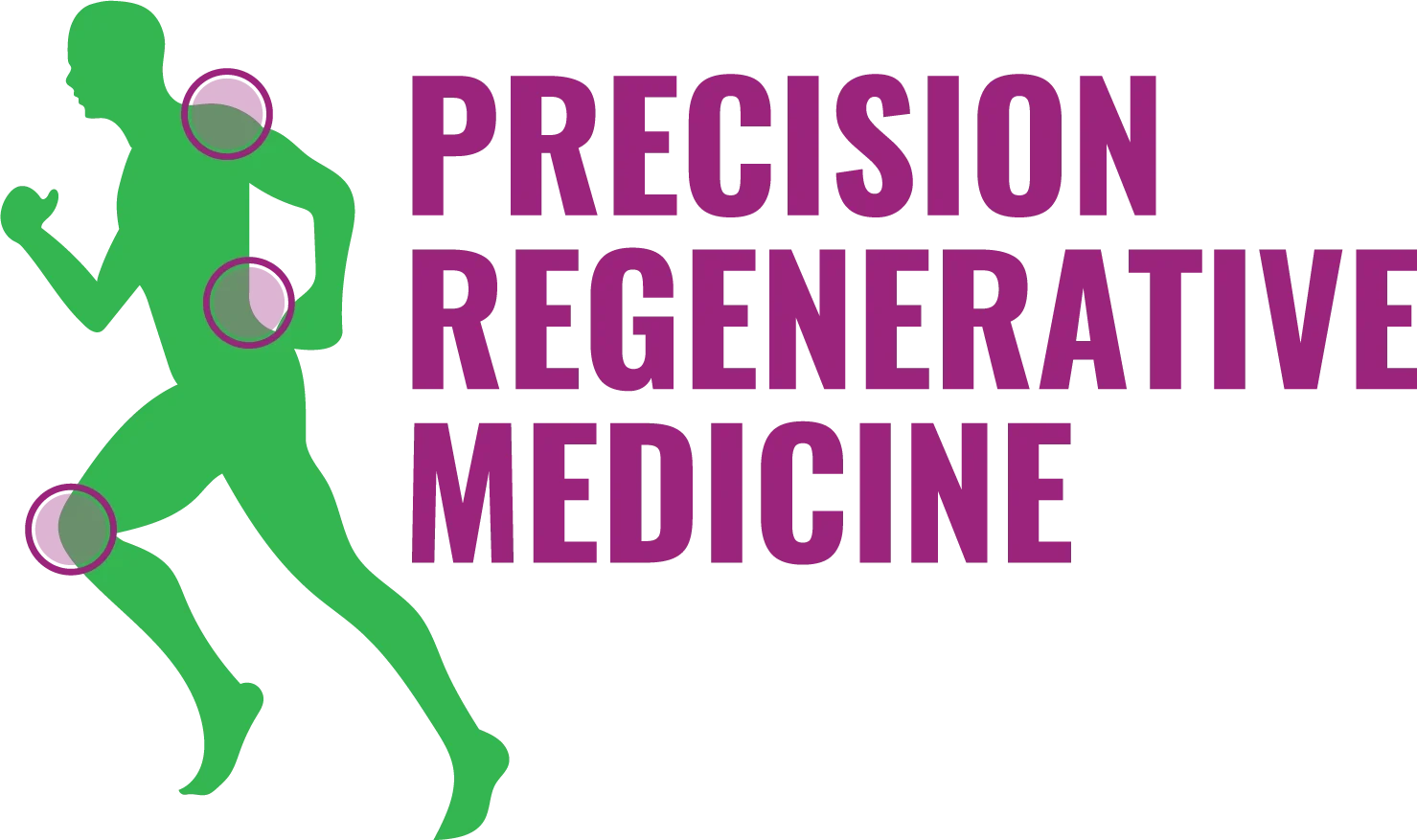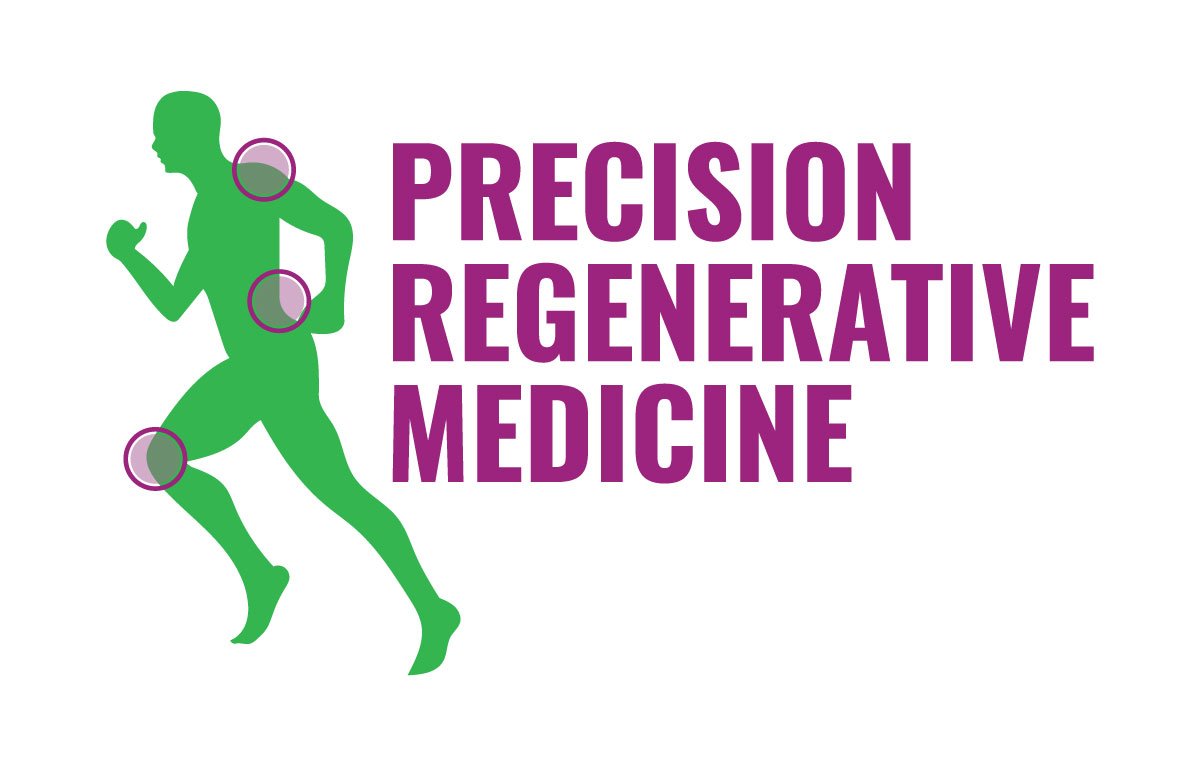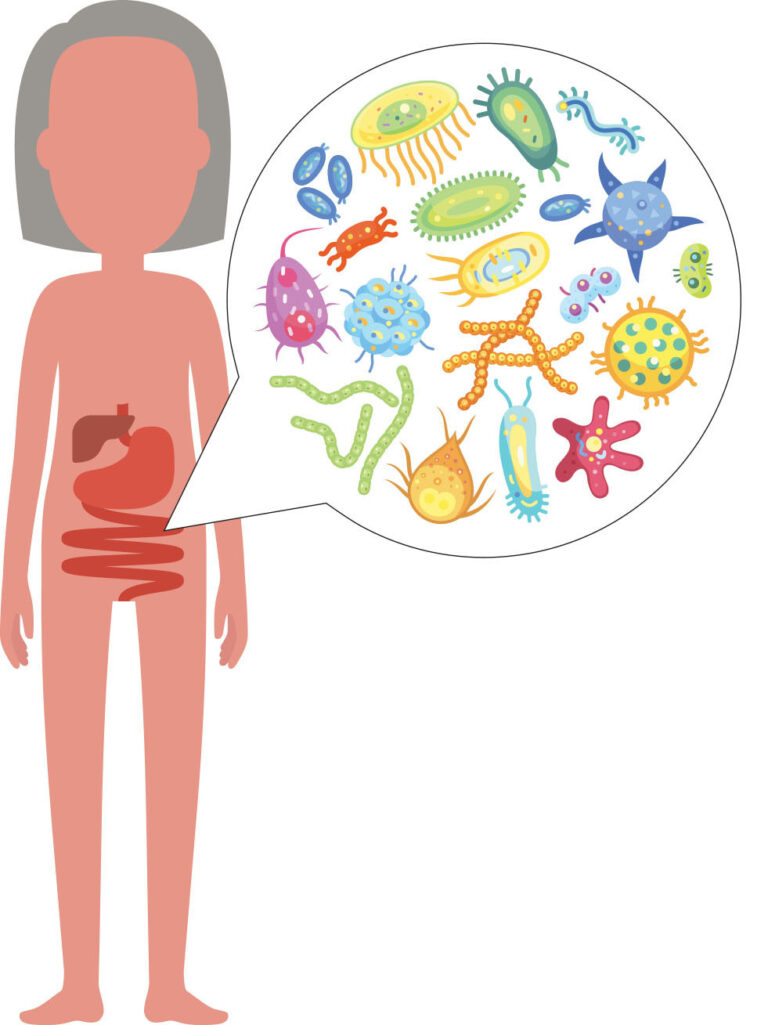Understanding the Role of Microbes in Your Gut
Inside your gut is a wondrous world of microscopic activity. An essential part of this world is trillions of organisms known as microbes.
To keep your gut health in check, Tammy Penhollow, DO, offers services at Precision Regenerative Medicine to optimize your gut microbiome and improve your health. Dr. Penhollow can also help you understand the connection between your gut health and your overall well-being. Specifically, she focuses on the GUT-PAIN and GUT-BRAIN connections.
What to know about microbes
Microbes are microorganisms that exist inside of your gut’s microbiome. There are thousands of different microbe species in your gut and intestines, including bacteria, fungi, viruses, and parasites.
When you’re otherwise healthy, these microbes coexist without issue. If there’s an imbalance in your microbiome, it can increase your risk for acute and chronic health issues.
Disturbances that can cause a microbiome imbalance include illness, poor diet, and long-term use of antibiotics and other medications that destroy microbes.
Protecting your gut microbes through your diet
Because each type of microbe in your gut plays a specific role in your overall health, you must ensure there’s always a healthy balance to prevent illness.
Your diet is an important first step to keeping your gut microbiome healthy. Eating a wide range of foods, especially plant-rich foods, can bring needed diversity to your microbiome. You should also incorporate plenty of fresh fruits and vegetables into your daily diet, including those that are good for gut bacteria.
High-fiber foods that support a healthy gut include:
- Apples
- Broccoli
- Green peas
- Pistachios
- Artichokes
- Raspberries
- Whole grains
Fermented foods like sauerkraut, kimchi, and yogurt can also protect the balance of your gut bacteria.
Ideally, try to keep your gut’s microbiome balanced through a healthy diet. However, if you’re not getting enough nutrients from the foods you eat or are often sick, it might be time to consider supplemental probiotics.
Benefits of probiotics
Probiotics are live microorganisms already found in your body that you can consume to change the composition of your microbiome. These probiotics add back the good bacteria in your gut to restore balance in your microbiome. When you’re ill, adding more good bacteria can eliminate the bad bacteria.
Supplemental probiotics like those from Microbiome Labs are available in pills, liquids, capsules, and powders. In addition to protecting your gut health, having sufficient good bacteria also benefits your body in other ways, including:
- Reduces inflammation
- Supports food digestion
- Prevents the overgrowth of bad bacteria
- Supports vitamin creation
- Helps your body breakdown and absorb medications
Dr. Penhollow may recommend supplemental probiotics if you have acute health issues, such as constipation, diarrhea, or recurrent urinary tract infections. She may also recommend probiotics if you have chronic conditions like irritable bowel syndrome, lactose intolerance, or eczema, or if you’ve been on antibiotic or antifungal treatments.
By optimizing your gut health now, you can improve your overall health and well-being in the long term. We first get you feeling better through these dietary changes then we get you moving and back into the activities that you love. It’s part of a holistic lifestyle medicine approach that helps you feel and look your best.
To find out how you can benefit from achieving a healthy microbiome, call Precision Regenerative Medicine or book a consultation online today.


